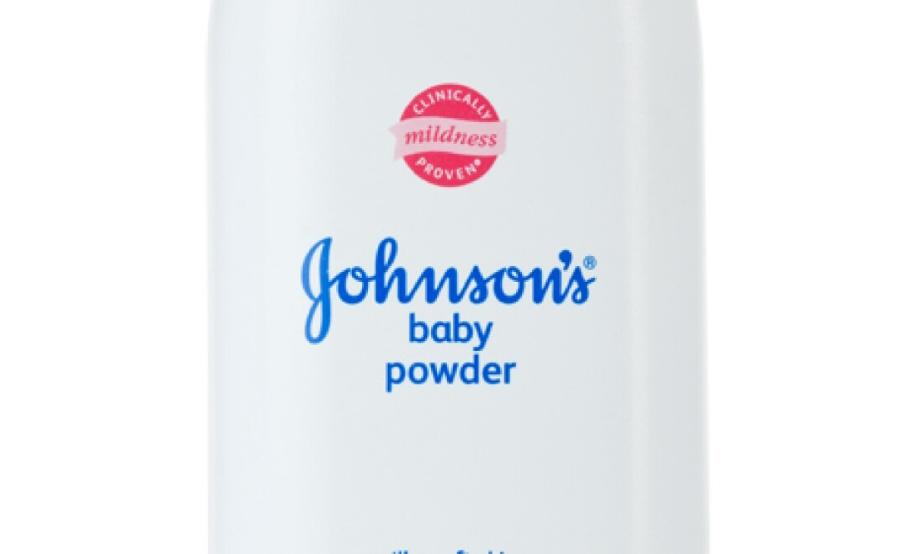J&J’s bankruptcy bid to resolve talc claims blocked

Johnson & Johnson’s attempt to draw a line under the ongoing litigation it faces over allegations that its talc products cause cancer has been blocked by an appeals court in the US.
The case centres on J&J’s creation of a company called LTL Management LLC in 2021 to take over its talc-related liabilities, filing a bankruptcy petition in a move sometimes referred to as a ‘Texas Two-Step’, to separate the core business from around 40,000 outstanding lawsuits claiming that products like Johnson’s Baby Powder contained asbestos.
Critics argue that this type of restructuring manoeuvre can allow defendants to sidestep legal and financial obligations, and could be adopted on a widespread basis by other large companies facing large-scale liability litigation.
LTL’s petition was rejected earlier this year on the grounds that neither it nor J&J were in financial distress and so had need of bankruptcy protection, describing it as a “bad faith” filing, but LTL had attempted to delay the final ruling in order to get time to ask the Supreme Court to look at the case.
Cases can now resume
That request was turned down by the Court of Appeals for the Third Circuit just before the weekend, before LTL was able to file a formal petition with SCOTUS, allowing the talc-related lawsuits to resume and effectively making any bankruptcy proceedings covered by the Third Circuit likely to be dismissed.
In a lengthy petition to the appeals court, LTL argued that “financial distress” was not a statutory requirement for bankruptcy, and that blocking its restructuring would impede its efforts to bring the litigation to a swift conclusion, delaying any pay-outs due to claimants. J&J previously set aside a $2 billion trust to fund settlement of claims.
It also said that the current litigation landscape was a lottery for itself and claimants, with the results of cases going in either direction.
In one notable case, the Missouri Court of Appeals awarded plaintiffs $2.1 billion in damages, reduced from the $4.7 billion imposed by a lower court. Efforts to take the complaint to the Missouri Supreme Court were blocked, and in June 2021 J&J paid the damages, which with interest amounted to $2.5 billion. J&J has, however, won its own share of judgments in the long-running legal tussle.
Last year, the company said it would stop selling talc-based products globally in 2023, around two years after halting sales in the US and Canada, and move its worldwide production entirely to cornstarch-based versions.













